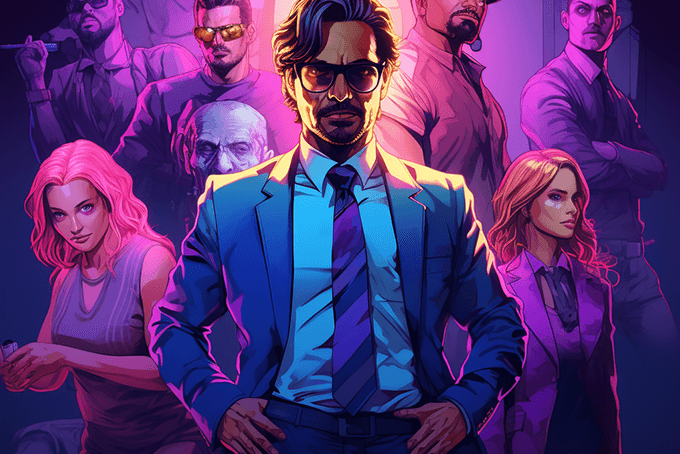I recently watched an episode of Criminal Minds. Near the conclusion, there is a shot of the airplane taking the team home and a voice-over begins with the words, “William Glasser wrote.” As a senior faculty member of The William Glasser Institute and someone who writes about and teaches choice theory, I was curious to hear how Dr. Glasser’s words would provide closure to the story I had just watched. Here’s what I heard: “William Glasser wrote, ‘What happened in the past that was painful has a great deal to do with what we are today.’”
I was dumbfounded. Anyone listening to these words who is not well-acquainted with choice theory and Dr. Glasser’s work would probably think that Glasser believes our past exerts a controlling influence on our present behavior. The quotation utilized on Criminal Minds implies that our present behavior is shaped by past experiences. That certainly is incongruent with what Dr. Glasser has taught.
As soon as I heard these words, I knew it was only the beginning of a larger quotation. It didn’t take me too long to find the rest. In truth, the words used on Criminal Minds are only the beginning of a sentence, one that is immediately followed by the word “but.” As the late Paul Harvey would say, “Here’s the rest of the story.”
On pages 334 and 335 of Choice Theory, Dr. Glasser writes the following: “What happened in the past that was painful has a great deal to do with what we are today, but revisiting this painful past can contribute little or nothing to what we need to do now: improve an important, present relationship….The argument that if we don’t know our past, we are doomed to repeat it is incorrect…..We are not doomed to repeat our past unless we choose to do so. … If we believe that we cannot function in the present until we understand our past, then we have chosen to be prisoners of what is over.”
Among other things, choice theory explores the relationship between reality and perception. For all intents and purposes, our perceptions represent our reality. And our perceptions are impacted by the information we have available to us. My guess is that the majority of Criminal Minds viewers are not well acquainted with Dr. Glasser and choice theory. They were given limited information – a partial quote taken out of context that is at odds with what Dr. Glasser expresses in the complete passage. I can’t believe that the researchers who chose to use this partial quotation weren’t aware that they were misrepresenting Dr. Glasser. While the use of these words might have “worked” for the story, it seems unseemly to knowingly misrepresent what someone has expressed.
All of this has me thinking: how often do I create perceptions – my “reality” – based on incomplete or inaccurate information? And how often do I give others inaccurate or incomplete information?



